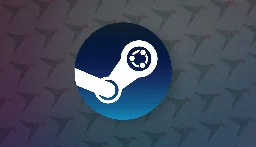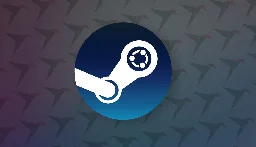Canonical's Steam Snap is Causing Headaches for Valve
Canonical's Steam Snap is Causing Headaches for Valve

Canonical's Steam Snap is Causing Headaches for Valve - OMG! Ubuntu

Timothée Besset, a software engineer who works on the Steam client for Valve, took to Mastodon this week to reveal: “Valve is seeing an increasing number of bug reports for issues caused by Canonical’s repackaging of the Steam client through snap”.
“We are not involved with the snap repackaging. It has a lot of issues”, Besset adds, noting that “the best way to install Steam on Debian and derivative operating systems is to […] use the official .deb”.
Those who don’t want to use the official Deb package are instead asked to ‘consider the Flatpak version’ — though like Canonical’s Steam snap the Steam Flatpak is also unofficial, and no directly supported by Valve.

